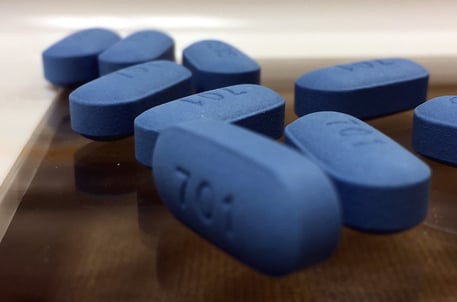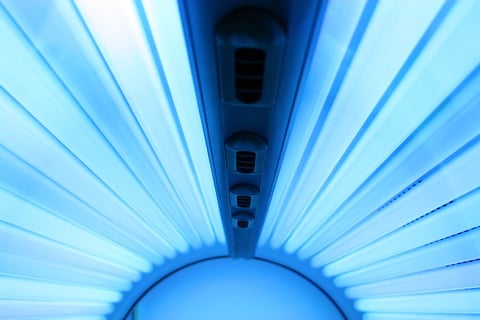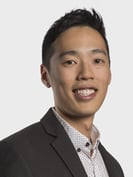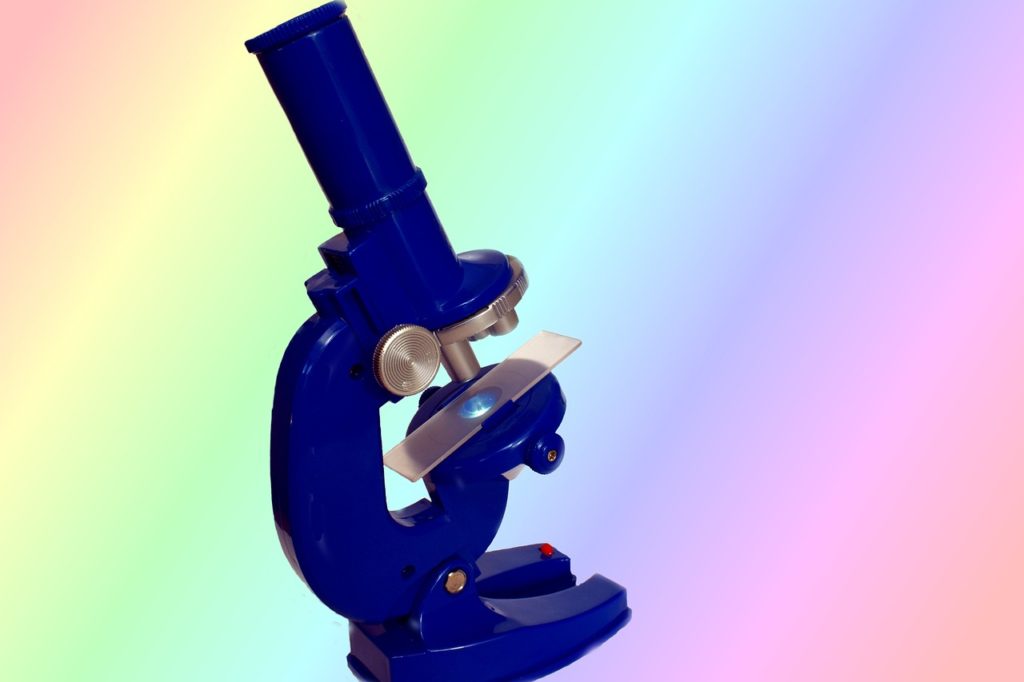Throughout my life, I have always tried to follow my curiosity. I was a Freshman in high school the first time I ventured into the field of scientific research. Accompanying a family friend for the day in his laboratory, I was introduced to his work studying the effects of fresh water algae blooms in Arizona. Timidly peering at a drop of pond water through the microscope lens, I became witness to an entirely new world—one filled with vibrant and swirling unicellular organisms, blissfully unaware of my existence as I had previously been to theirs. I was hooked. Deciding to focus on fundamental questions of human disease, I soon found myself working on projects ranging from breast cancer therapies to rapid vaccine discovery platforms—a path that eventually led me to UCSF for a PhD in Immunology. Nestled in the foggy hills of San Francisco, I witnessed two of my worlds colliding: my longstanding passion for scientific inquiry with my emerging identity as a proud member of the LGBTQ community.
In the laboratory of Dr. Melanie Ott, I studied the biology of HIV, a virus that has ravaged various populations across the globe. While modern anti-viral therapies have undeniably extended the lifespan of those infected with HIV, these treatments are unable to completely eradicate the virus. Our research investigated different molecular strategies to unmask the hiding virus—a step towards ultimately achieving a cure. Coincidentally, a few benches down from where I worked resided the research group led by Dr. Robert Grant, whose work focused primarily on the prevention of acquiring HIV. His landmark iPrEx clinical trial helped prove the efficacy of PrEP, a now widely available once-a-day pill that reduces the rates of HIV transmission by up to 99%. Inspired by his research and our conversations together, I once again followed my curiosity and entered the field of clinical medicine.

Now a fourth year medical student at Stanford University, I’ve come to understand that HIV is only one of many health disparities faced by members of the LGBTQ community. In addition to the higher rates of psychological distress and substance abuse, emerging evidence demonstrates that sexual-minority men (SMM), defined as gay and bisexual men, have a 2-fold higher lifetime prevalence of developing skin cancer when compared to heterosexual men—a finding linked to a 6-fold higher use of indoor tanning use. The reasons contributing to these behaviors are complex and multifaceted. A new study published by Dr. Eleni Linos, an epidemiologist and dermatologist at Stanford, observed that neighborhoods with the highest concentration of gay men were twice as likely to have one or more indoor tanning salons, a positive association that held true even after adjusting for variables such as income and race. “Your built environment has a tremendous influence on your health in both positive and negative ways,” Linos says, expressing her concern for the implications of these findings given the higher rates of skin cancer in this community.

With the support of my Point Foundation mentors, I decided to reach out to Dr. Linos for my Community Service Project to help address some of these health disparities her research has identified. We began designing a digital messaging campaign built upon previous work exploring the motivational forces of SMM who use indoor tanning. Utilizing themes such as health and aging, we plan to pilot these advertisements through various social media platforms (e.g. Facebook, Instagram) in hopes of influencing the knowledge, attitudes, and behaviors of SMM with respect to indoor tanning. Results from this study may also serve as template for other behavior-modifying, digitally-based interventions in the future.
From the ecological consequences of unicellular microalgae to the complex bio-psycho-social factors that contribute to an individual’s health, I am passionate about pursuing my curiosity in the context of bettering the lives of others. As a soon-to-be clinician, this means I will strive to address health disparities whenever possible—through both practice and research—particularly when they impact vulnerable groups such as the LGBTQ community.

This post was written by George Benes Point Scholar Mark Jeng.
Having completed his PhD at UCSF in Immunology, Mark is now pursuing his MD at Stanford University. He plans to do a residency program in Internal Medicine and a fellowship in Hematology/Oncology.

